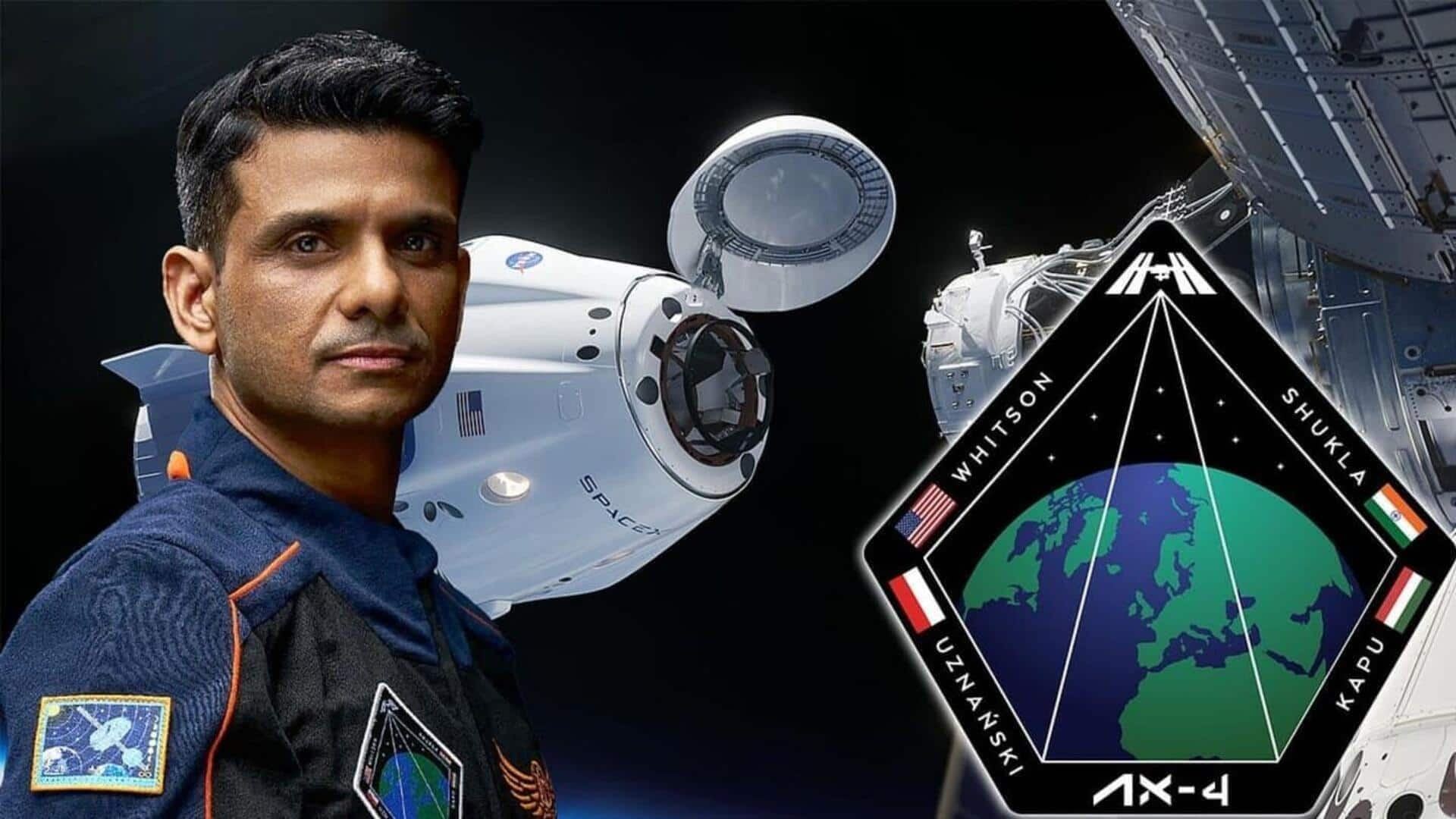
Axiom-4: Shubhanshu Shukla to conduct these experiments aboard ISS
What's the story
Indian astronaut Shubhanshu Shukla is all set to embark on a groundbreaking mission aboard the International Space Station (ISS). The Axiom-4 mission will see him spend over 14 days in space, conducting seven unique experiments. These studies will focus on biology, agriculture, and human adaptation in microgravity. This marks India's return to space after a gap of over 40 years since Rakesh Sharma's visit in 1984.
Muscle study
Study on muscle loss in microgravity
One of the key experiments Shukla will conduct is to investigate muscle loss in microgravity. The study aims to identify the causes and test possible therapeutic approaches for this issue. The research could be vital for future Mars missions, as well as help those suffering from age-related muscle loss on Earth.
Agricultural experiment
Monitoring the growth of 6 crop seed varieties
In another groundbreaking experiment, six seed varieties of crops will be taken to space and their growth monitored. The study is being conducted by researchers from Kerala Agricultural University who hope to uncover genetic traits that could be harnessed for future space farms. This could advance our understanding of agriculture beyond Earth.
Micro-animal experiment
Voyager Tardigrades experiment
The Voyager Tardigrades experiment will see Shukla rehydrate these nearly indestructible micro-animals aboard the ISS. The study hopes to understand how they function and recover in microgravity, thereby providing insights into their resilience under extreme stress. This could have broader implications for our understanding of life in harsh environments.
Algae study
Monitoring 3 strains of microalgae
Shukla will also monitor three strains of microalgae for genetic and metabolic changes. The study could improve oxygen generation, food production, and waste recycling systems for decades-long space missions. This research is critical to sustaining human life during long-duration space travel by improving our understanding of biological processes in microgravity environments.
Seed study
Analysis of space-flown seeds post-mission
The experiment will reveal how germination, microbe resistance, and nutrition are affected after post-mission analysis of space-flown seeds. This research is vital for ISRO's food sustainability planning for long-duration space travel. It provides insights into how plants adapt to the harsh conditions of space and could inform future agricultural practices in extraterrestrial environments.
Cyanobacteria study
Study on 2 strains of cyanobacteria
ISRO and the European Space Agency (ESA) will study the growth and behavior of two strains of cyanobacteria in space. Their photosynthetic capacity and resilience could be key to powering future lunar or Martian life support systems. This research highlights international collaboration in advancing our understanding of life beyond Earth.